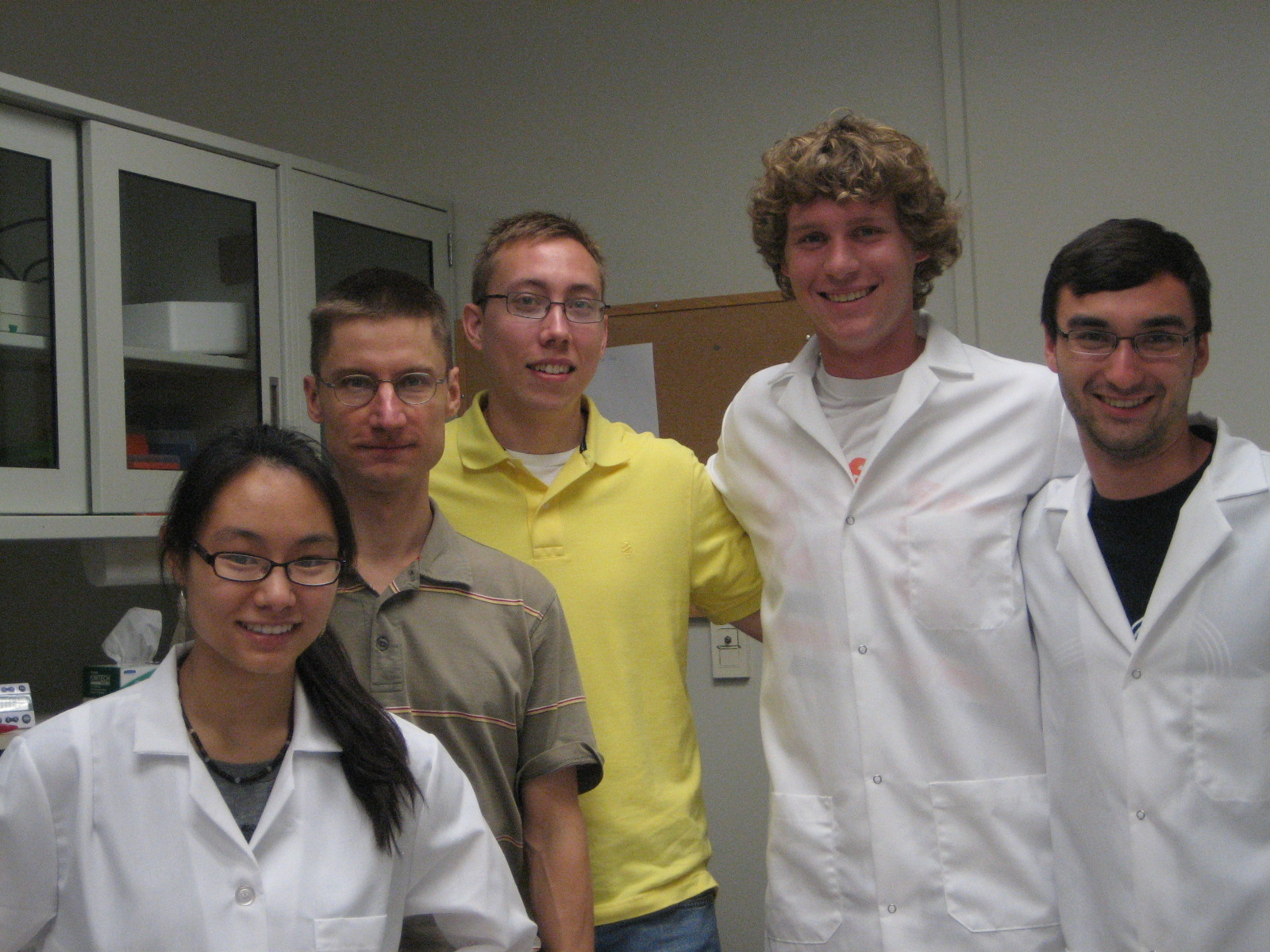By: Clayton Greer, Senior honors student majoring in Mechanical Engineering
The Chancellor’s Honors Program presents the chance for UT students to get out and explore the world, both literally and figuratively. My belonging to the program has allowed me to branch out and pursue the topics that I am interested in by promoting academic achievement at the highest levels along with fulfillment in cultural and intellectual engagement. The opportunities I have had with CHP have allowed me to access inspirational educators in one-on-one settings and to figure out my career path in the world of advanced manufacturing. I am now set to graduate with an Honors BS in mechanical engineering in May, and enter a graduate program.
I was funded by the Chancellors Honors Program to work with Dr. Jaan Mannik, an assistant professor in physics. Dr. Mannik works on modelling the sub-cellular processes within bacteria from a physics approach–not exactly traditional mechanical engineering
Part of being an honors student means that there are a certain number of required honors courses to take. I was able to benefit from the culture that honors classes create to kick off my interest in research. Being around my high-achieving peers during freshman year inspired me to dig in and find something I was truly interested in. I was funded by the Chancellors Honors Program to work with Dr. Jaan Mannik, an assistant professor in physics. Dr. Mannik works on modelling the sub-cellular processes within bacteria from a physics approach – not exactly traditional mechanical engineering. I was financially supported by the CHP Research Grant to work on a next-generation cell culturing device to aid with imaging these bacteria. Between me and the readers of this newsletter, I stumbled upon the call for proposals while cruising through the honors website. Naturally, my advisor was interested in research funds (I have yet to come across a professor that is not willing to work on a grant proposal), so we applied for and won the grant, and, due to the financial support, I was able to present my research at the Materials Research Society spring meeting in San Francisco due to the financial support. The end results look good on paper, but the journey to get there is the most important part.
The time I spent with Dr. Mannik’s research group, in addition to the other groups I have worked with, has had a profound effect on my education.
The time I spent with Dr. Mannik’s research group, in addition to the other groups I have worked with, has had a profound effect on my education. In a sharp contrast to my courses, I was able to work on a real, unsolved problem in microscale devices. Gone were the days of using the used-and-abused equipment and the randomly selected laboratory partners of general science laboratories. I had access to research-grade equipment. I bonded with my research team. We became a tight-knit group that worked on different facets of the same problem. We shared in each other’s successes and failures, and became close friends outside of work. I greatly benefited from the one-on-one mentorship with Dr. Mannik, whose expertise in research helped me learn how professionals work to attack new problems in a systematic way.
Now that I am graduating and deciding what to do next, it gives me confidence to know that the CHP-augmented education I received at the University of Tennessee will serve me well and prepare me for the next step. The one thing that must be kept in mind with studying at UT is that the opportunities to do what you love exist; they just need to be looked for.

